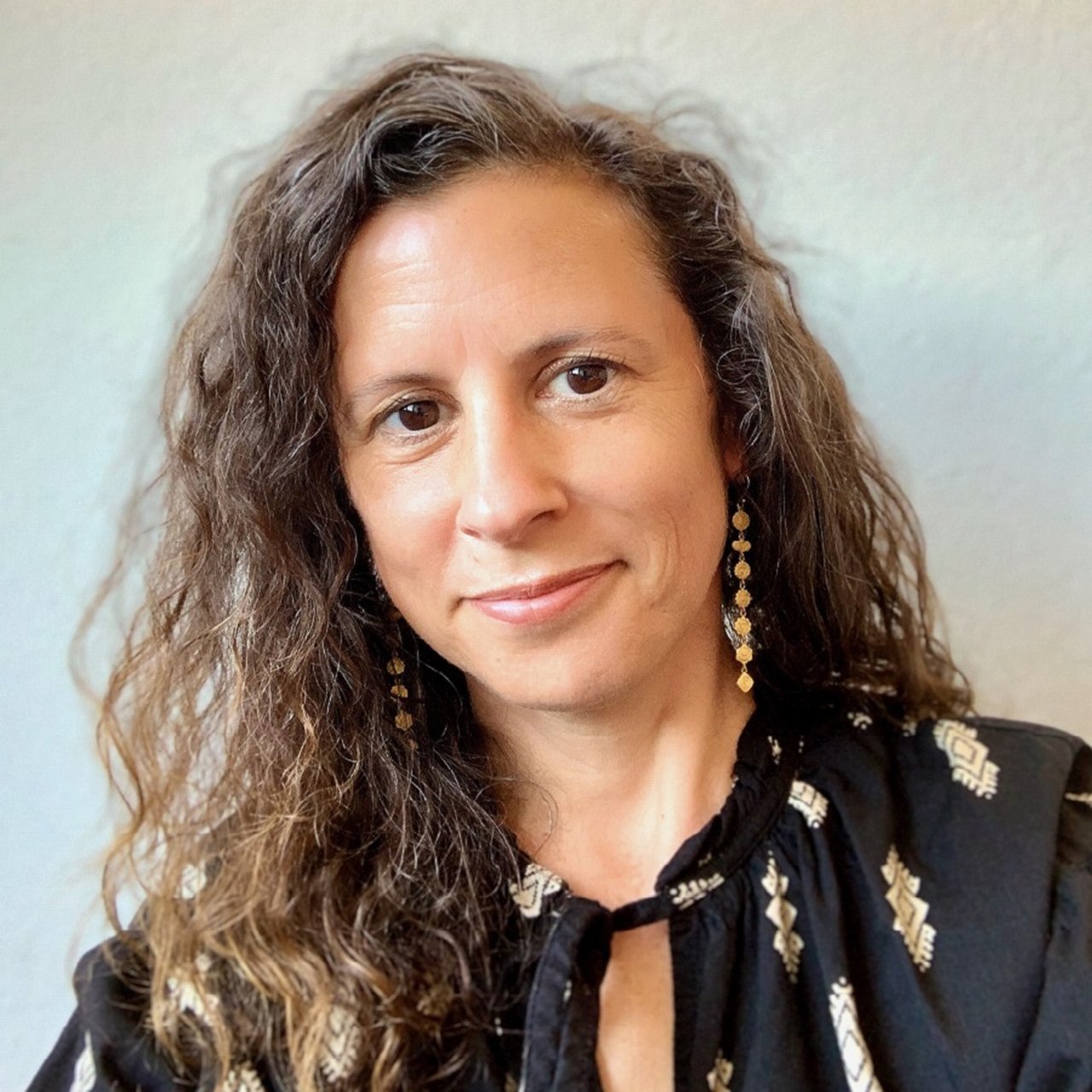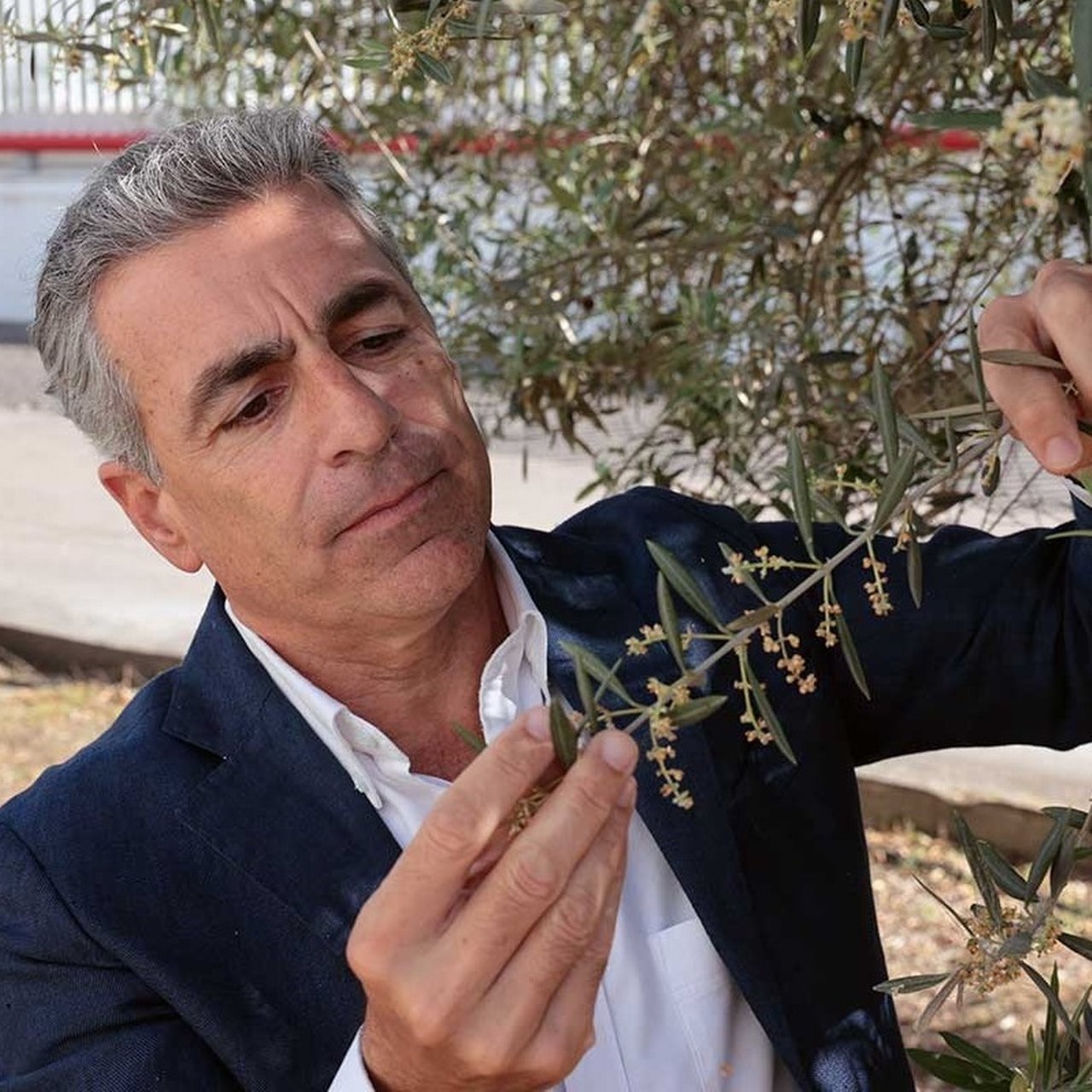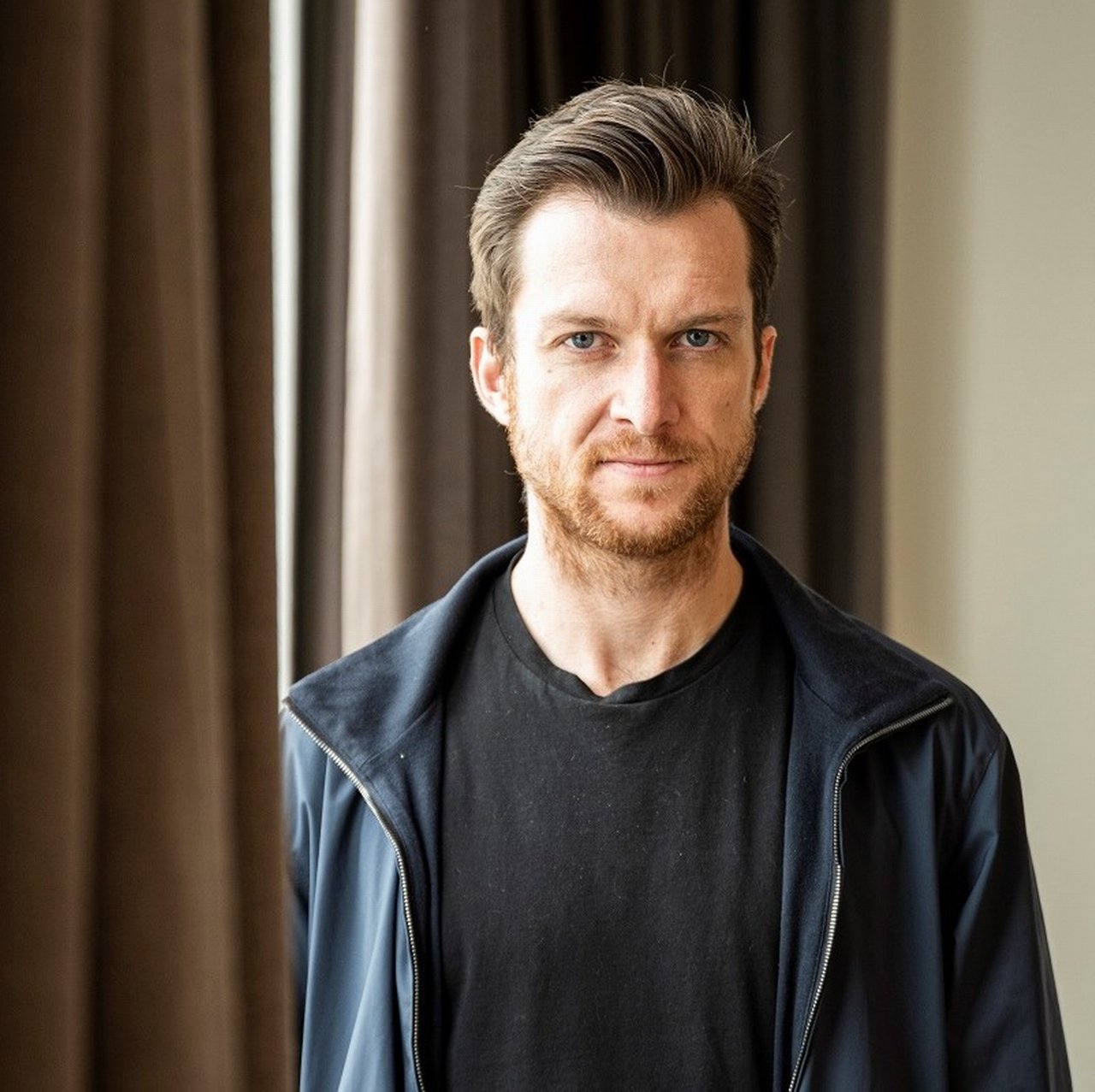
“First, we had to explain to people that this is food”
Noel Bollmann and Benjamin Kremer founded yfood in 2017. Since then, the start-up’s meal replacement drinks have gone mainstream in Germany. In our interview, Bollmann talks about how yfood is navigating a competitive environment – and why it still wants to conquer the US market.
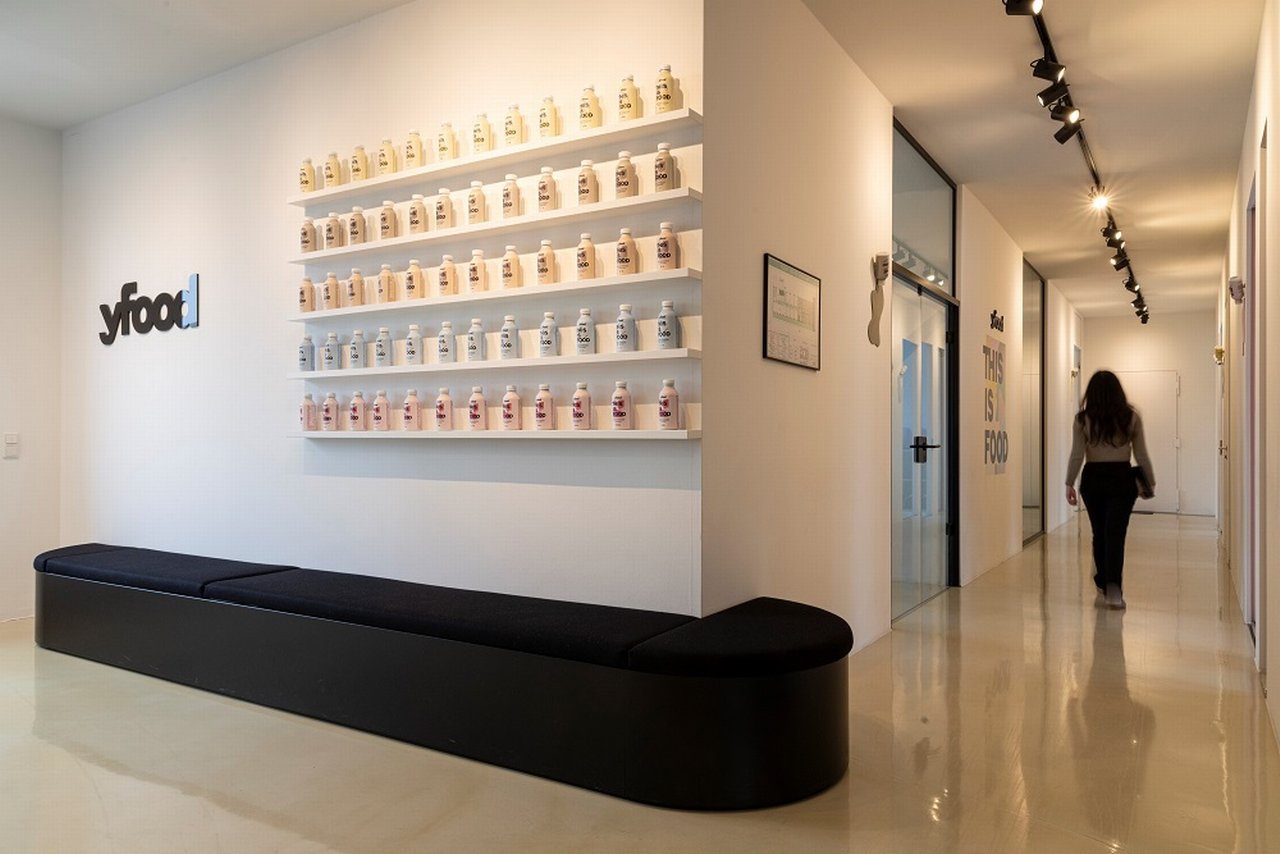
Both founders started out in the financial sector. A banker and a management consultant, they often found themselves in the office late at night, not having had chance to eat. For lack of a healthy alternative, they would reach for a chocolate bar or biscuits to keep their hunger pangs at bay. They wanted to change that and – as the name suggests – yfood was initially meant to address the needs of people of their own age: Gen Y or millennials.
Today, yfood not only is the European market leader for complete meal drinks, it has also recently expanded its product range to include bars, shakes and bowls, and employs more than 200 people. According to the founders, two-thirds of Germans are now familiar with their products. This is partly due to the broad-based, sometimes provocative campaigns with celebrities and influencers – and not least to the packaging design with its striking lettering.
Noel, you have been on the market for more than seven years now. When was the first time you were able to breathe a sigh of relief and feel like you had made it?
That was after our first successful financing round, which was in 2018. Up until then, we had to keep very tight reins on our cash flow, we were always sailing along with zero in our account. The smallest mistake could have been an existential threat to the company; it was like walking a tightrope. There was never any guarantee that scaling up with so little money would work. Securing our first financing gave us a financial buffer for the first time. And it was one of the most experienced food tech investors who believed in us. Having someone from outside of the company validate what we were doing was enormously important. They confirmed that our model had potential.
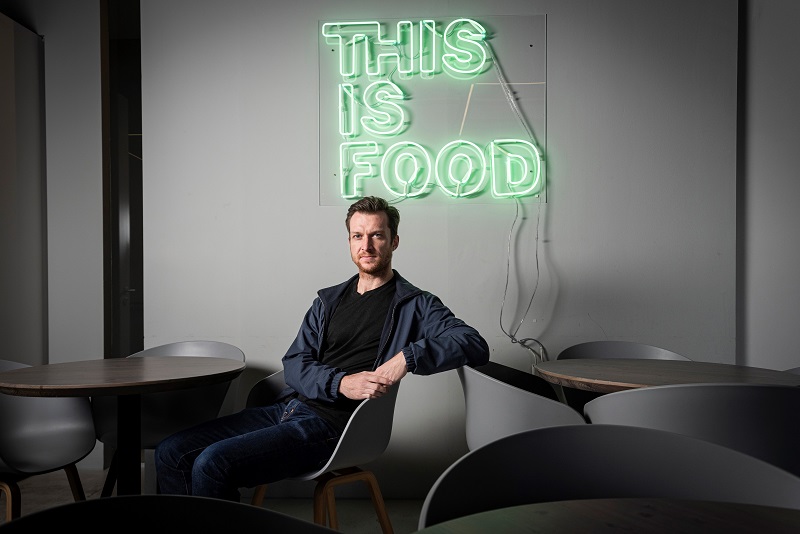
In the early days, we were always sailing along with zero in our account.
What were the greatest teething problems?
I would say we had two. First, we had to do a lot of explaining. After all, we were launching a completely new product category on the market. We were not a diet or protein shake; we wanted to consciously distance ourselves from that. The second problem was finding someone to make the product with us. We had several rejections; people thought we were crazy. Only when we agreed to produce at least one billion bottles did it finally work out.
Differentiation through marketing
Your main target group for yfood was busy office people. When did you realise that other people were interested, too?
We had originally expected a very narrow target group, but we noticed during our first attempts that we were actually reaching much wider circles. We soon realised that our product is for anyone who wants to eat a balanced diet but doesn't have time. Doctors and nurses, long-distance truck drivers. One of our first influencers was a truck driver influencer. Our marketing activities were largely digital to begin with, so it is true that we grew through the younger target group in the first few years. But we noticed that we have strong spillover effects, for example, to parents. We are now also investing more in mass media to increase our reach. And the gender ratio is now very balanced, we are now what you might call a unisex brand.
We are now what you might call a unisex brand.
You started selling your product in conventional retail stores and you have an online shop. How important is this two-pronged approach, also with regard to your expansion abroad?
We always wanted our products to be available quickly and easily. That was essential to us and was practically the reason we even founded the company. Quick like at the petrol station or in the supermarket; easy by shopping online. We cooperate in Germany with some major retailers such as the supermarket chains REWE, Edeka, and Kaufland, as well as drugstores Rossmann and Müller. In the countries where we have local teams and offices, we are building up local dealer structures. We currently sell yfood in retail outlets in Switzerland, England, the Nordic countries and Spain. And we ship from our online shop to more than 30 countries.
You’re big in Europe, but you once said you wanted to conquer the US market. Is that even possible in the current political situation?
Yes, we still believe that our brand has great potential in the US and that our slogan “Smart Food instead of Fast Food” will be well received there. Our strategy for the US is to produce locally. We are also looking towards China. We made our first online sales there recently and are very excited to see how this develops. In general, there are several new countries where we are currently focusing our attention. That’s really exciting!
When you think about the future of yfood, is it mainly about new markets or are you also planning new products?
Global expansion is important. Our dream would be to have our products in a supermarket in Los Angeles and in a Seven Eleven store in Shanghai. At the same time, of course, we are constantly developing our products. We test a lot and have the luxury of being able to do that online first. We have a very active social media community and receive direct feedback and suggestions. Many ideas also come from our own teams. We are the experts for our products and have developed a good gut feeling.
Which new trends can we expect?
One thing we continue to see increasing is how many people take food with them to consume on the go. “To go” is still on the rise. Our products fit in very well with that.
Another very clear trend is towards personalised food. In recent years, research has given us so much more knowledge about how the body works - for example, that we need more magnesium or protein after exercise. Providing the right product for the right type of person for the right time will be a major driver in product development in the food sector in the coming years. And one that will drive us, too, of course.
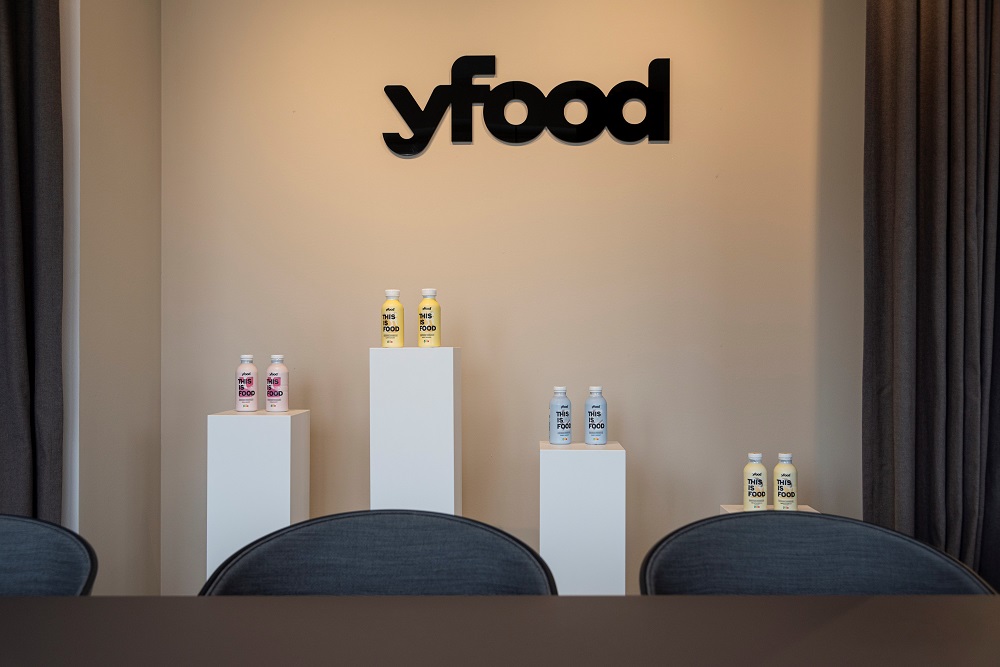
What does that mean in reality? Every person has their individual microbiome – but you can't launch 8 billion different products.
Exactly. Of course, it mustn't become too complex; we still need to be able to scale it. In terms of personalised products, we would first break things down into archetypes and develop products for each of those. The emerging products will be quite close to people’s individual needs without them being tailored specifically to individuals.
What about sustainability? Your main product comes in a plastic bottle.
We have made huge progress in packaging and our bottles are manufactured using 100 percent recyclable material.
Our production has been carbon neutral since 2021 and we have recently been B-Corp certified. For the milk we use, we work a lot with dairies that are close to our manufacturers. And for those who want to completely avoid animal ingredients for ethical or sustainable reasons, we have a vegan line.
Let's talk about taste: what's your bestseller?
There are enormous regional differences, but overall, across all regions and age groups, chocolate wins.
They say hindsight is always easier than foresight. What advice do you have for founders, especially ones from Germany?
Always focus on your long-term vision. Growth doesn't happen overnight; it needs consistent action, continual adaptation and the right team. Always think one step ahead and react flexibly when something changes.
yfood and Deutsche Bank
yfood has been a client of Deutsche Bank since October 2022. The team in Munich, which serves tech start-ups from various industries, has been supporting yfood in its global expansion.
With its global advisory expertise, the bank is also increasingly helping yfood navigate the current uncertain economic environment, in particular the challenges in the interest rate and currency markets.
This page was published in July 2025
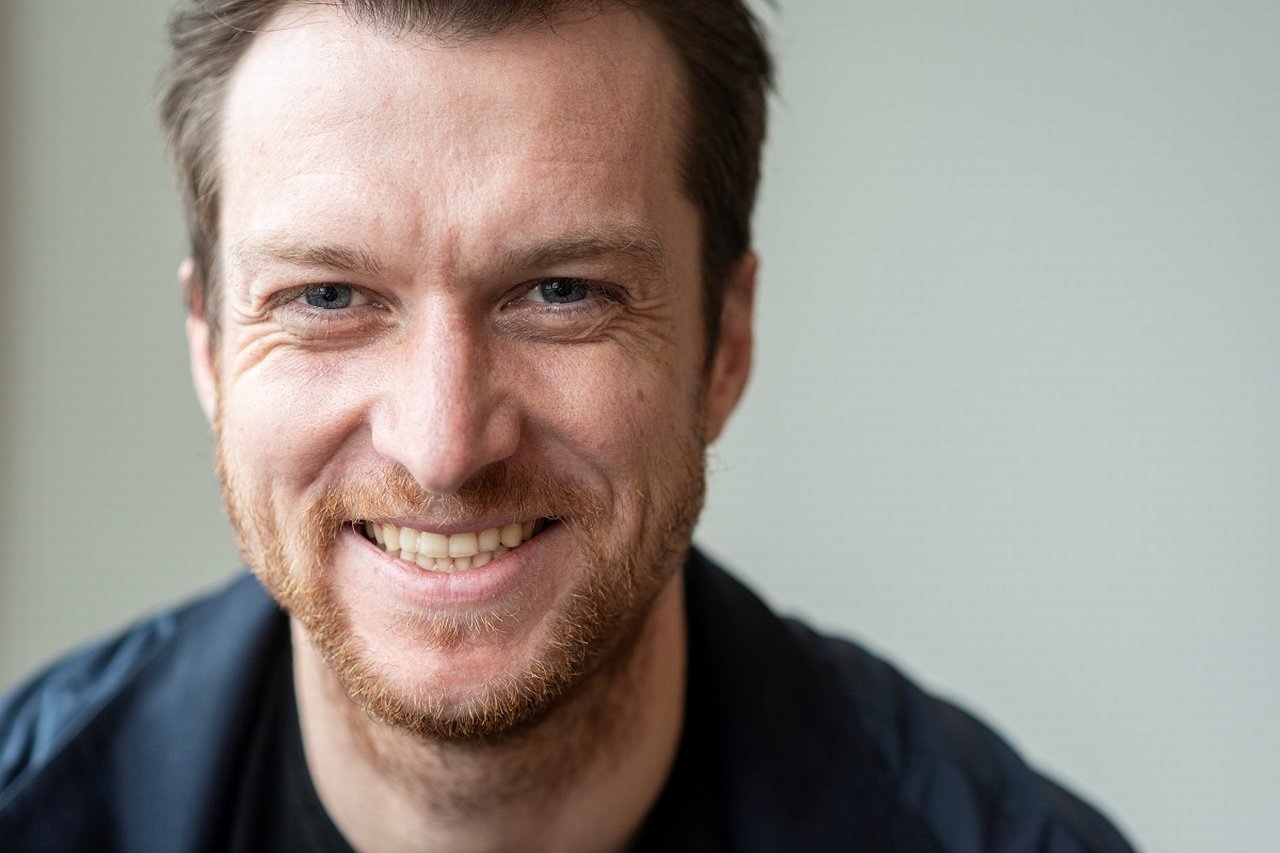
About Noel Bollmann
Noel Bollmann is the CEO and co-founder of yfood. Together with Benjamin Kremer, he founded yfood in 2017 and has been working since then on the mission of making a balanced diet possible in all situations – even in stressful ones. Today, yfood is the market leader in the "Smart Food" sector in Europe. Before yfood, Noel worked in the financial industry and studied in St. Gallen, Harvard and at Tongji University in Shanghai.

Sonja Dammann
… is very experimental when it comes to food and cooking and prefers to use fresh and untreated ingredients. As a working mother of three, she knows all too well that sometimes there is no time for proper cooking. This made the insight into yfood's quick solutions even more interesting for her.
Recommended content
Entrepreneurial Success | Story
Grows even in the desert Grows even in the desert
Veganz founder Jan Bredack is on a mission to feed the world by producing plant-based protein on an industrial scale.
This vision will become reality with OrbiFarm®. Here’s how.
Entrepreneurial Success | Opinion
The future of food: between climate change and high tech The future of food: between climate change and high tech
An interview with Professor Jessica Fanzo about food from a 3D printer, the use of AI, and how sustainable food systems can be shaped in the future.
Entrepreneurial Success | Video & Photo Story
Acesur: When Innovation is your DNA Acesur: When innovation is your DNA
Artificial intelligence, data-based decisions, biodegradable packaging: How a traditional Spanish family business is revolutionising the olive oil business.


